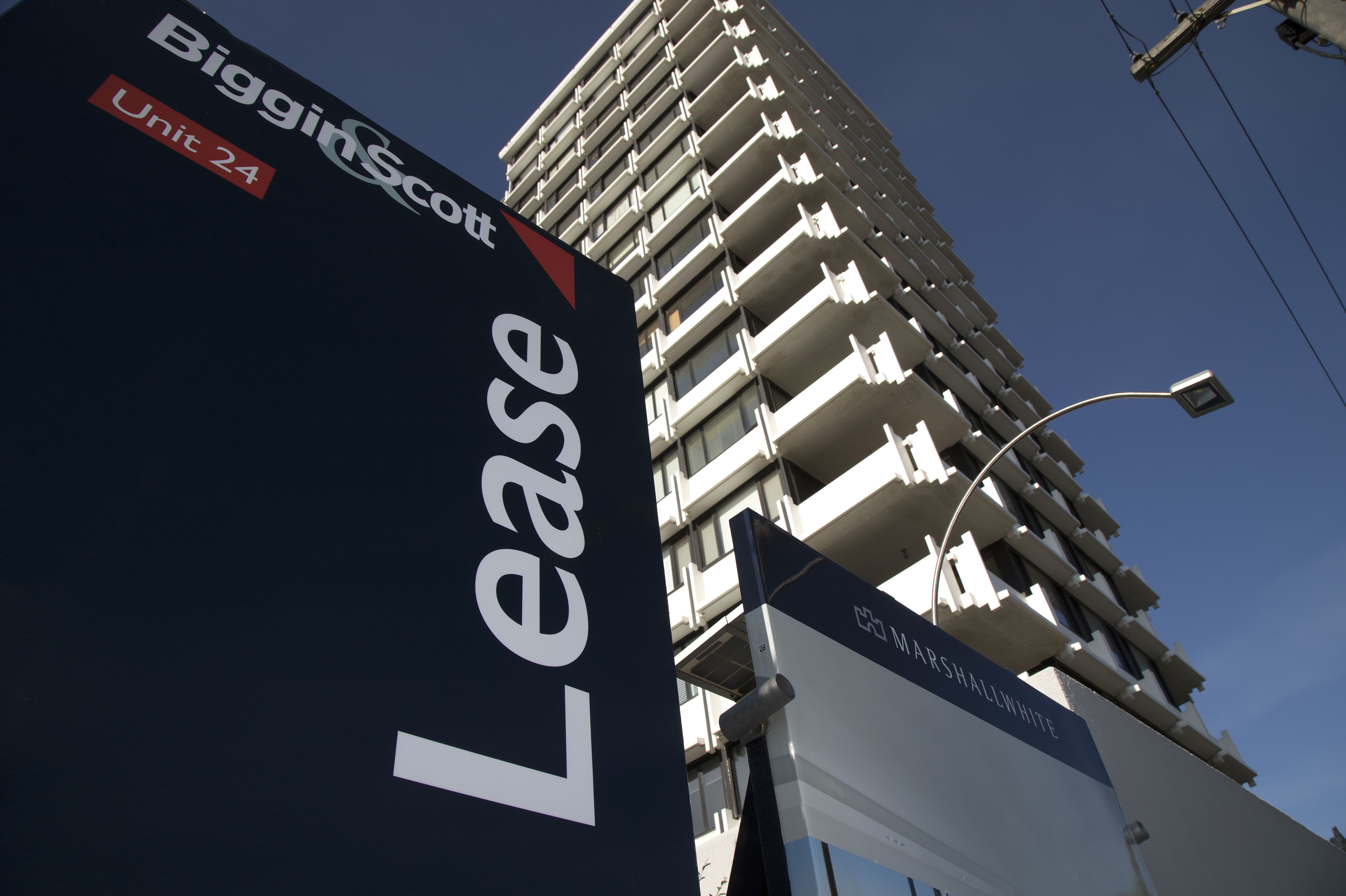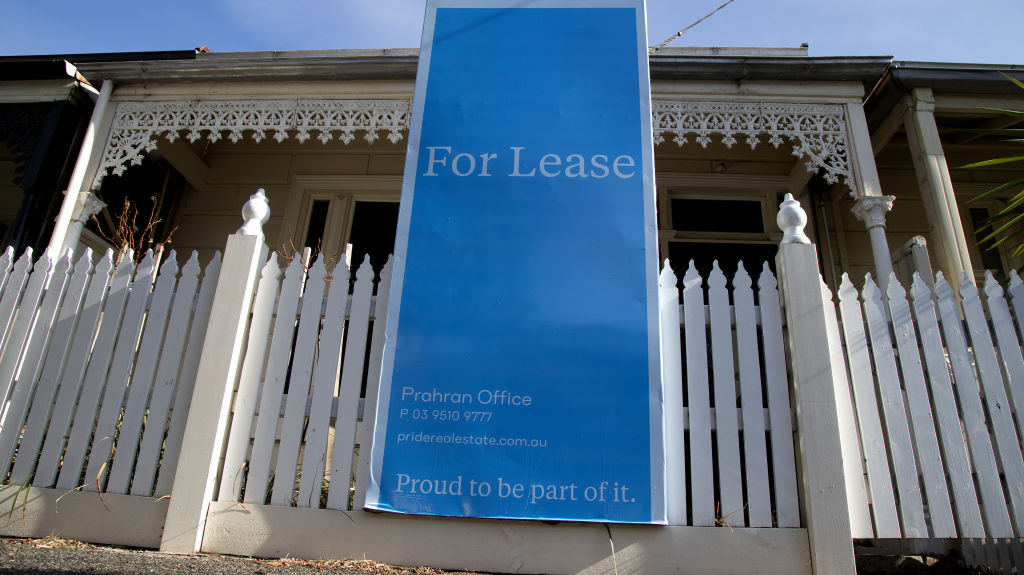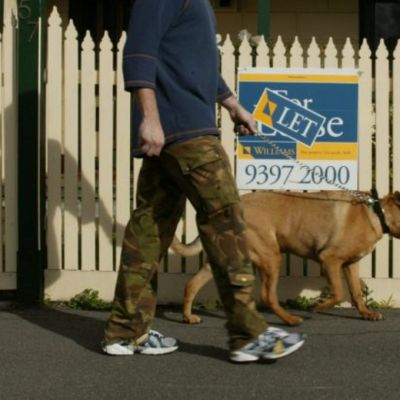Rental rights for Australian tenants lag behind comparable countries due to tax, investment rules: experts

Experts have criticised Australia’s comparatively weak rental rules following the introduction of widespread rent controls and a suite of other measures in New York.
The state legislature has strictly limited the ability of landlords to increase rents and evict tenants.
Elsewhere, the conservative UK government also announced an end recently to no-grounds evictions, a rule which is in force here only in the ACT. The upcoming Victorian rental reforms will stop the use of “no specified reason” notices to end month-to-month leases and will limit no-grounds evictions for fixed-term leases to the end of the initial fixed term.
Most states and territories limit rental increases in Australia, but in a way that limits the frequency. Only some put a percentage cap on the price increase.
Renters’ rights movements are agitating for the change to no-grounds evictions Australia-wide, but the process of change has been slow, Tenants’ Union NSW policy officer Leo Patterson Ross said.
“I think the differences are largely political. With a large private renting sector with individual landlords who own one property, [political] parties have been scared to push reforms because the real estate industry lobbies say, ‘this will go bad for you because you’ll lose a lot of votes’,” he said.
“It’s become this spectre.”

RMIT Centre for Urban Research director Jago Dodson agreed.
“We do tend to see in New York less ‘petty landlordism’ as opposed to a condominium style. It’s more corporate,” Professor Dodson said. “That enables better treatment of tenants.
“There’s also things like rental control where rents are limited to inflation rather than market-based rents.
“[Therefore] lower to moderate-income tenants are not forced out of their tenancies by rent increases.”
Real Estate Institute of Victoria vice-president Leah Calnan said Australian landlords were less keen on the changes because they were worried about the balance of power would tip too far towards tenants.
“For the majority of investors they still want to be able to have a say about how their property is going to be looked after and the type of tenant that’s moving in,” she said. “That should be up to the landlord.
“I’m not sure when it came to the government to dictate the terms of conditions of becoming an investor.”
Professor Dodson said that through taxation rules like negative gearing, the balance of power in Australia was firmly in the hands of landlords,
“We’ve expanded the power financially and generally of landlords, but there hasn’t been any expansion in the conditions tenants enjoy,” he said. “We’ve seen a change to property being seen as an investment asset class.”
Because being a landlord was seen as an investment and vehicle for wealth creation for middle Australia, that dissuaded multi-family or build-to-rent investments, Professor Dodson said, more corporate rentals where one company owns an entire building.
“Through policy, we have created a class of landlords who are not sophisticated in how they operate,” he said. “Conceivably, there could be economies of scale in the build-to-rent model. More professional and competent rental managers would offer a better service to a tenant.”
Ms Calnan disputed that a singular, “petty” landlord was unable to provide adequate service to a tenant.
“The majority of landlords are engaged in the process, and the majority of landlords aren’t keen to end a lease unless the rent’s not being paid, or there are issues with the tenant, or they’re not taking care of the property,” she said.
“Those are the time when someone says ‘enough is enough. I need to have someone who takes care of the property and pays rent on time’.”
Mr Patterson Ross said this attitude needed to change if tenants were to see a significant uplift in their rights. He conceded a rental was still a landlord’s property but hoped landlords would be more sympathetic when evicting a tenant because it could render them homeless, particularly if the renter already struggles to pay rent.
“We need to start thinking about recasting property as a service that needs to be delivered to people,” Mr Patterson Ross said. “In the same way that we shouldn’t accept that homes shouldn’t be without power.
“It’s an essential service; people need shelter as a fundamental need. It’s more than a right.”
We thought you might like
States
Capital Cities
Capital Cities - Rentals
Popular Areas
Allhomes
More










